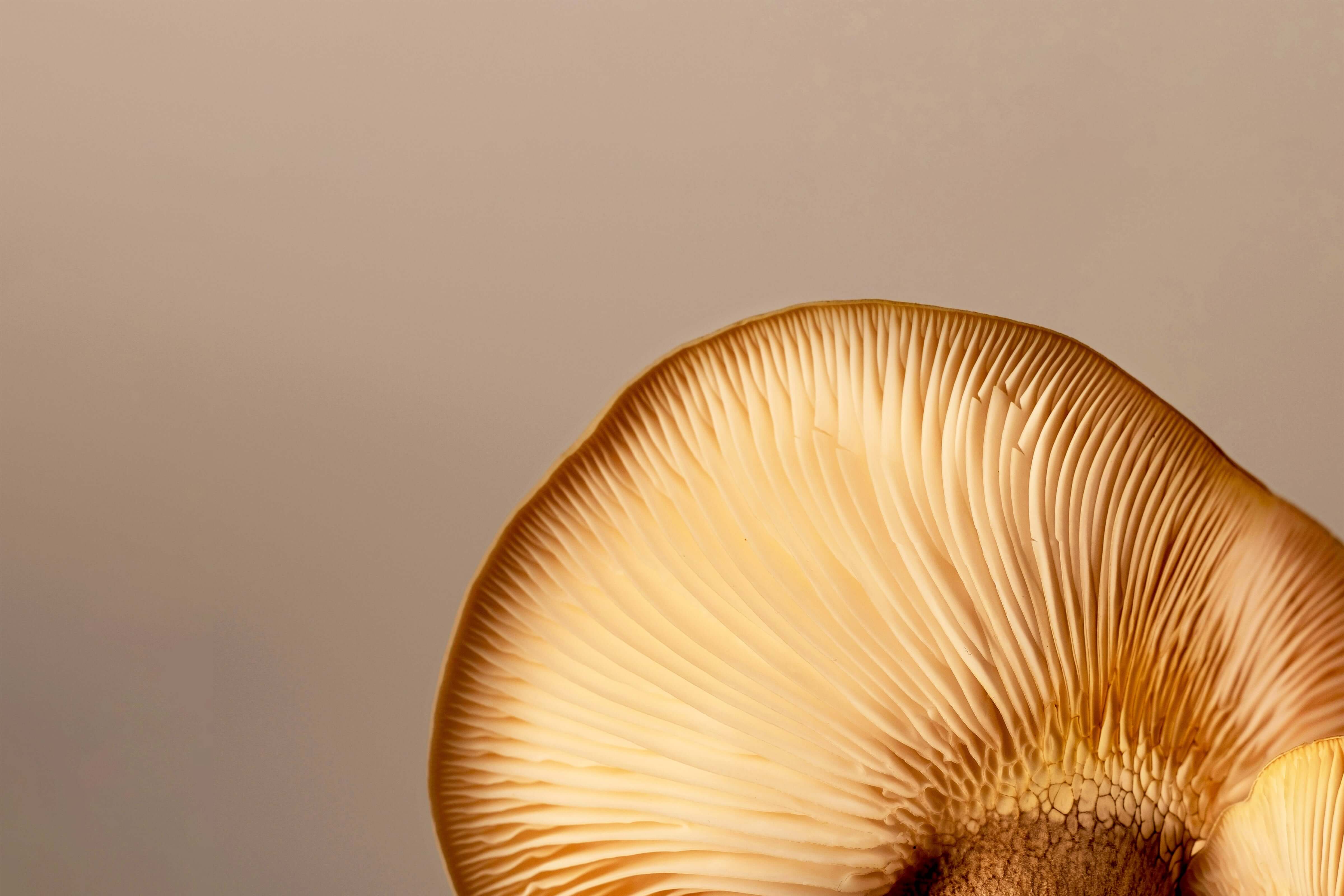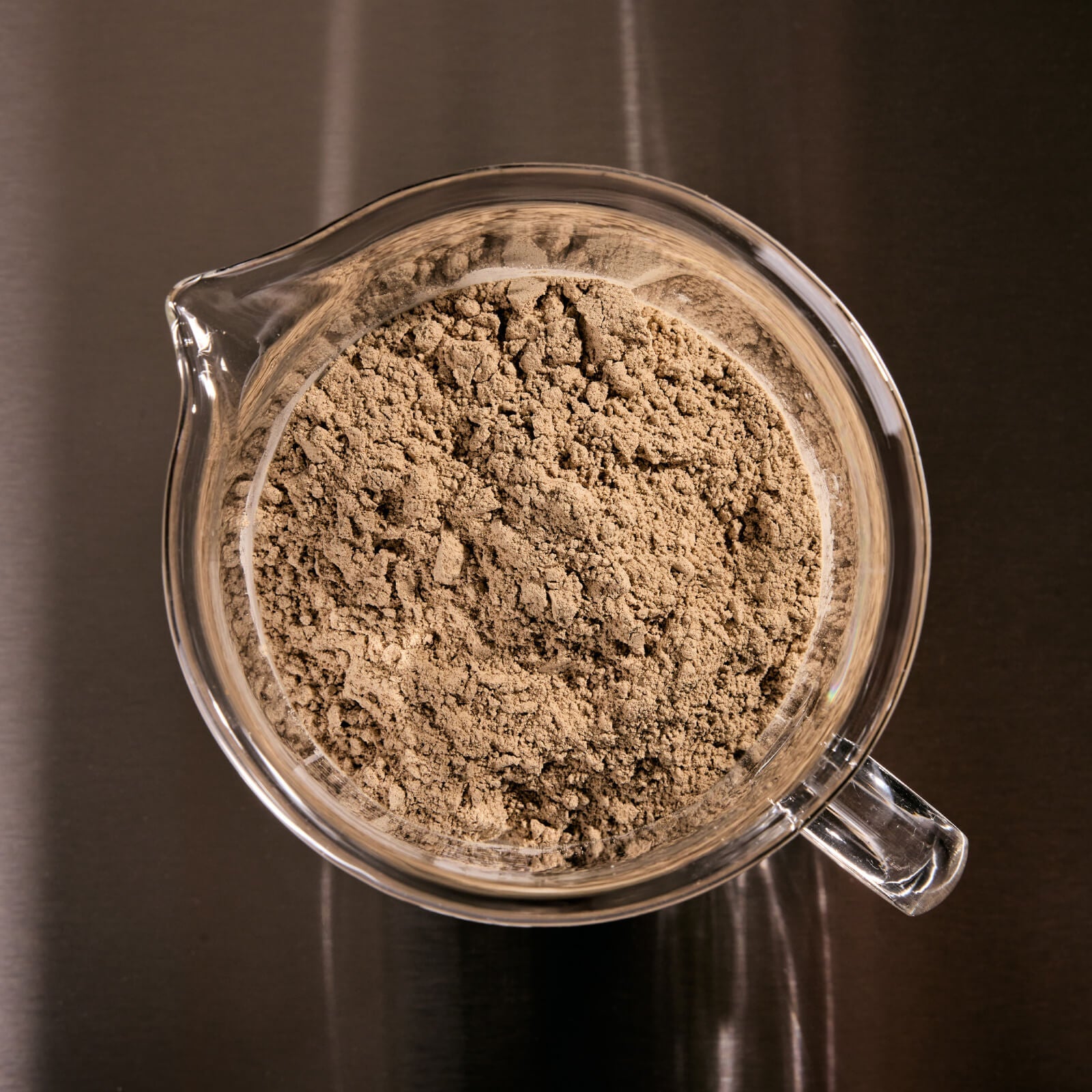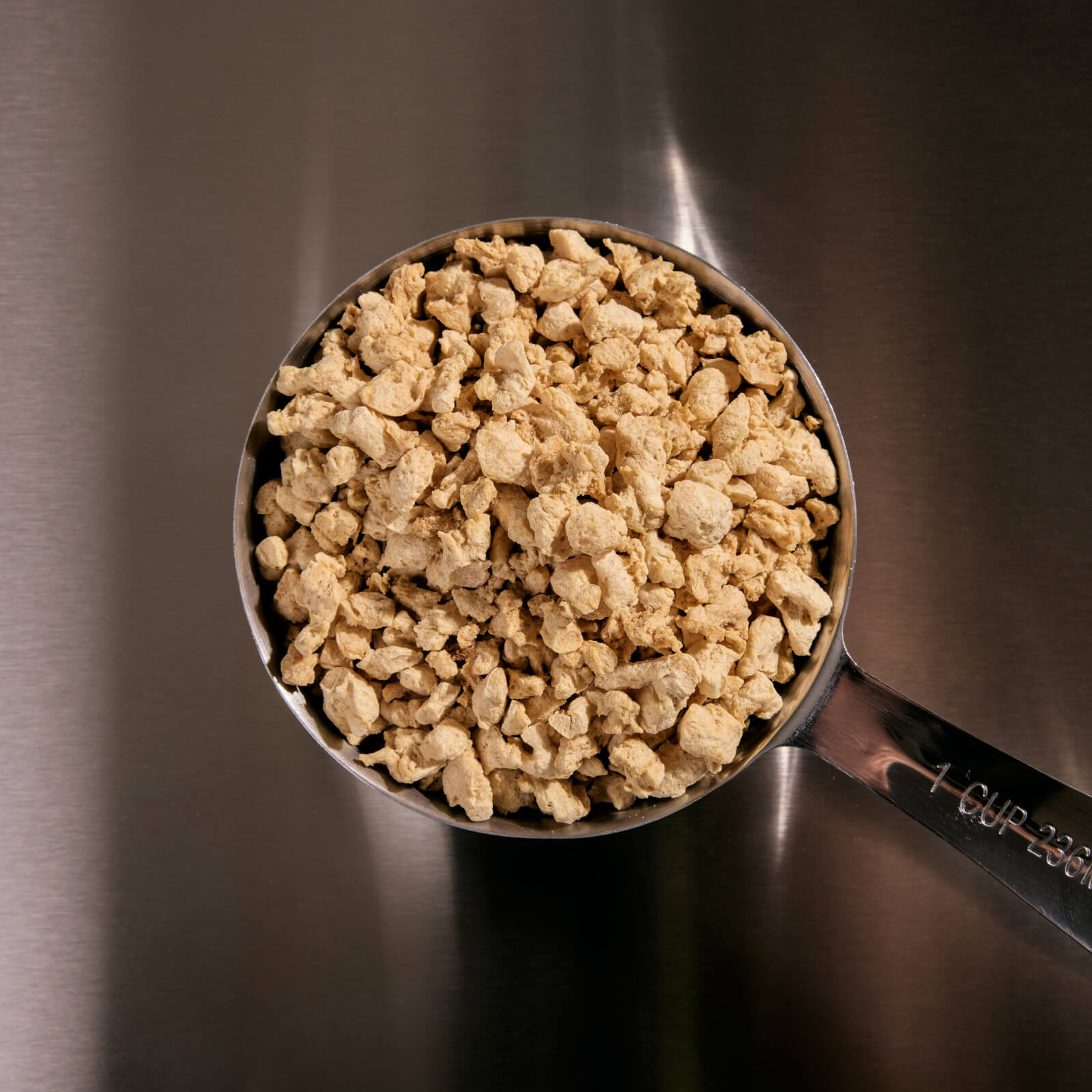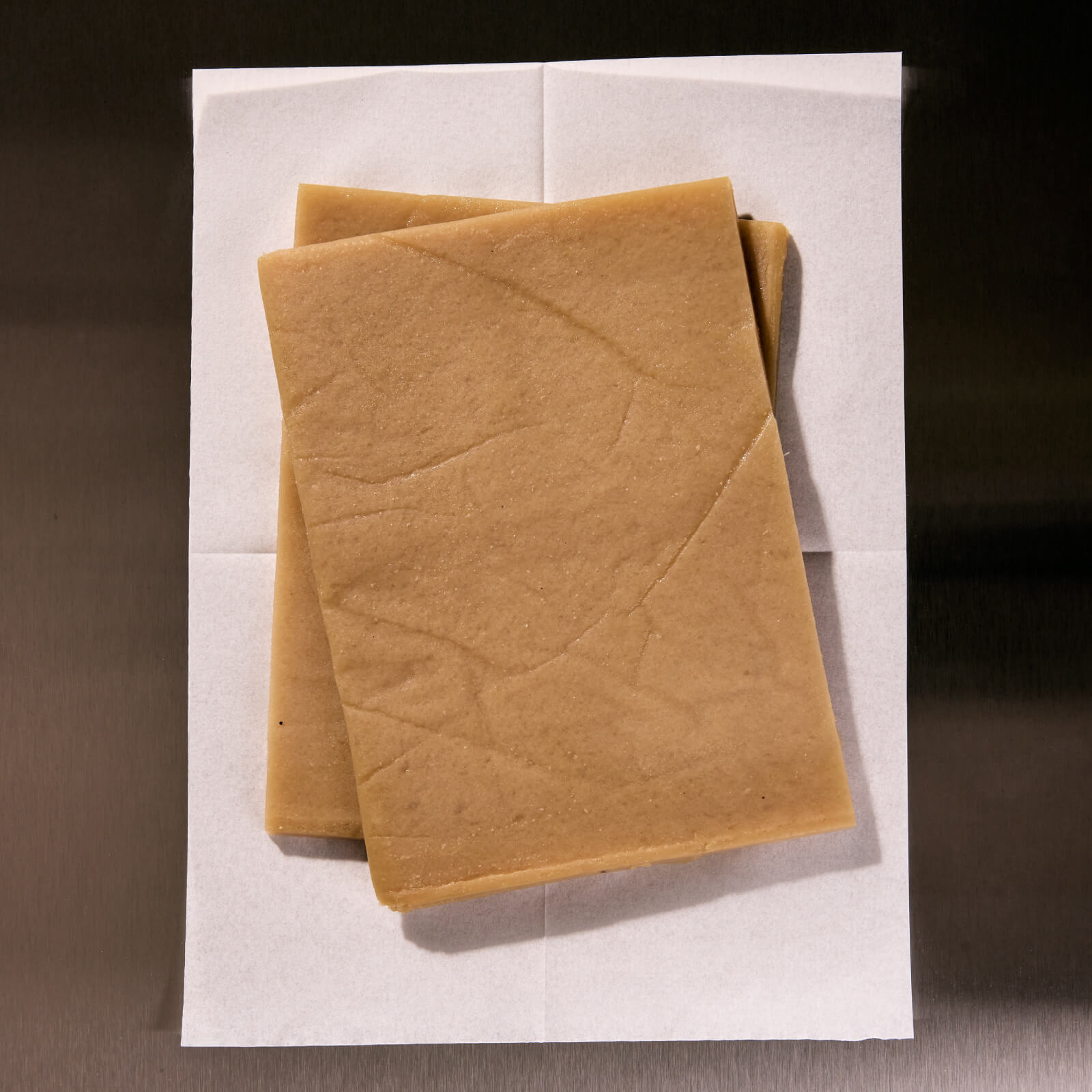Sustainability
We believe the future of food is clean, nutrient-rich, sustainable, and planet-friendly.

Why It Matters
Animal agriculture accounts for 16.5% of global greenhouse gas (GHG) emissions.
Beef alone contributes 41% of all livestock-related emissions—one of the highest sources of environmental impact in our food system.
It takes 10 calories of feed to produce just 1 calorie of meat.
Traditional meat production is highly inefficient, requiring vast amounts of land, water, and feed.
Over 136 million acres of rainforest have been destroyed for livestock production.
Deforestation for meat production is a key driver of biodiversity loss and climate change.

Cutting Carbon Emissions
Our mycelium protein emits significantly less CO₂ than traditional animal protein (Source: DOI.ORG). By complimenting other meat proteins, Maia Farms can help reduce food-related emissions and promote a climate-friendly protein shift.
Saving Land & Water Resources
Unlike conventional livestock, Maia Farms' fermentation-based protein requires no grazing land.Production of feed for livestock occupies nearly 80% of global agricultural land but produces only 18% of the world’s calories
90% less water than beef production
“Backed by third-party lifecycle assessments and environmental data (2023–2024). References available upon request.”
99% less water consumption compared to growing soybeans
“Backed by third-party lifecycle assessments and environmental data (2023–2024). References available upon request.”


Zero Waste, Maximum Efficiency
Our fermentation process upcycles agricultural byproducts, reducing food waste while maximizing nutritional output. This aligns with the circular economy model—creating more food with fewer inputs and waste.
Sustainability is not just a goal, it’s the foundation of how we grow food.







